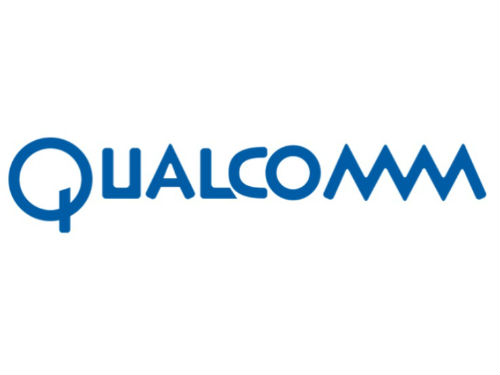EC Fines Qualcomm €242 Million
The smarter way to stay on top of the multichannel video marketplace. Sign up below.
You are now subscribed
Your newsletter sign-up was successful
The European Commission has fined Qualcomm €242 million ($271.6 million) for "abusing its market dominance in 3G baseband chipsets. Qualcomm says it did not act anticompetitively and will appeal the decision, which it says is unprecedented and inconsistent.

The EC said the company sold the chipsets, which connect tablets and smart phones to cellular networks, below cost to force a competitor out of the market.
"Baseband chipsets are key components so mobile devices can connect to the internet," said Commissioner Margrethe Vestager, who heads up competition policy. "Qualcomm sold these products at a price below cost to key customers with the intention of eliminating a competitor. Qualcomm's strategic behaviour prevented competition and innovation in this market, and limited the choice available to consumers in a sector with a huge demand and potential for innovative technologies."
The decision was based on Qualcomm's estimated 60% market share at the time of the conduct (2009-2011), which was almost three times its closest competitor said the EC.
"[D]ominant companies have a special responsibility not to abuse their powerful market position by restricting competition, either in the market where they are dominant or in separate markets," said the EC. "However, our investigation found that Qualcomm abused this dominance between mid-2009 and mid-2011 by engaging in “predatory pricing.”
The fine is 1.27% of Qualcomm's 2018 sales and is "aimed at deterring market players from engaging in such anti-competitive practices in the future."
Saying the decision was about decade-old chip shipments, Qualcomm has pledged to appeal the decision.
The smarter way to stay on top of the multichannel video marketplace. Sign up below.
“The Commission spent years investigating sales to two customers, each of whom said that they favored Qualcomm chips not because of price but because rival chipsets were technologically inferior," said Don Rosenberg, EVP and general counsel, at Qualcomm. "This decision is unsupported by the law, economic principles or market facts, and we look forward to a reversal on appeal."
It was just the latest hit for the chip maker.
In May, a California district court ruled that the way Qualcomm licensed its modem chips for handsets was anticompetitive--siding with the Federal Trade Commission, which had sued the company for having "harmed competition in two markets for baseband processors [modem chips]."
Contributing editor John Eggerton has been an editor and/or writer on media regulation, legislation and policy for over four decades, including covering the FCC, FTC, Congress, the major media trade associations, and the federal courts. In addition to Multichannel News and Broadcasting + Cable, his work has appeared in Radio World, TV Technology, TV Fax, This Week in Consumer Electronics, Variety and the Encyclopedia Britannica.

